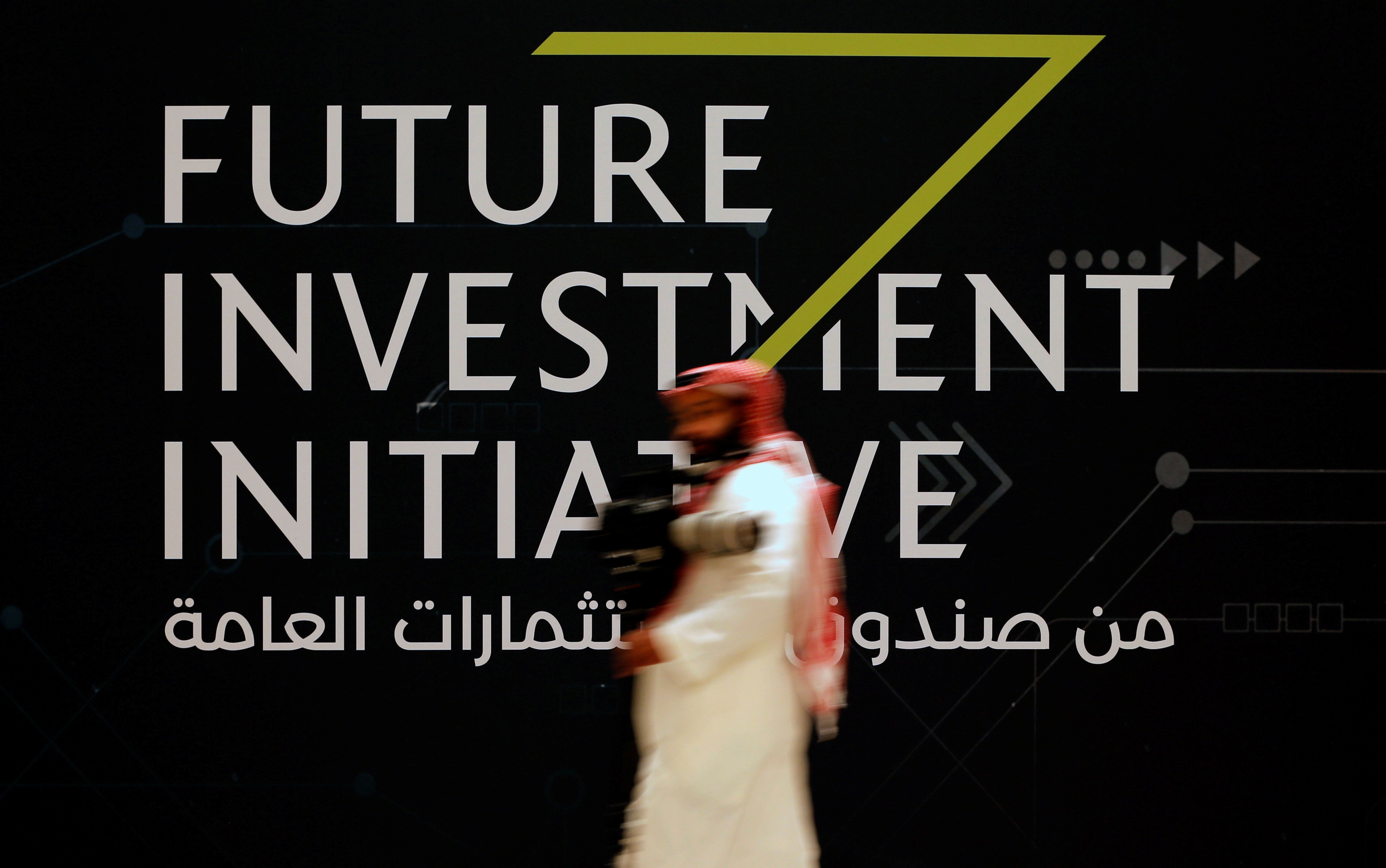What a difference a year (and the murky murder of a journalist) makes. When Saudi Arabia hosted its first Future Investment Initiative last fall, it was a coming-out party for Crown Prince Mohammed bin Salman’s ambitious vision of economic and social reform. This year, the event (known to the WEF’s chagrin as “Davos in the Desert”) is overshadowed by ongoing furor about the killing of Jamal Khashoggi. As a result, a number of participants have pulled out – but not all.
Here’s a look who’s going, not going, and on the fence – and why:
ATTENDING
Imran Khan: Pakistan’s prime minister desperately needs foreign financing to help solve mounting economic challenges at home, and Khan hopes Riyadh – which has always seen Pakistan as a strategic ally in South Asia – will give him money with softer conditions than the IMF, with whom Pakistan is currently negotiating.
Chinese business leaders: Not exactly a paragon of the free press itself, China has stayed mostly quiet on the Khashoggi affair. But Beijing is also all business: China is Saudi Arabia’s largest trading partner, and the kingdom remains a good oil “hedge” for China as pressure on Iran ramps up. Furthermore, China is probably keen to profit from any downgrade in the kingdom’s relations with the West over the Khashoggi affair.
Russia’s investment chief and a 30-person delegation: No one loves to court jilted American allies in the Middle East more than Russia. Moscow has stayed out of the Khashoggi fray and is quietly hoping that the scandal does erode Washington’s ties to the kingdom, not least in the area of arms sales which Russia would love to make to Riyadh. Russia is also eager to take part, along with China, in the lucrative IPO of Saudi’s state-backed oil giant, Saudi Aramco.
NOT ATTENDING
US business leaders: Top US finance and tech CEOs are shunning the event because of the potential PR blowback. But will US firms actually stop taking tens of billions in investments from – or positions in – Saudi Arabia? The fact they’re still sending lower-level representatives suggests Prince Mohammed may be able to weather this storm yet.
Steve Mnuchin: Facing bipartisan pressure from Congress, the White House cancelled US Treasury Secretary Mnuchin’s attendance at the conference (he was to give the keynote.) But… yesterday Mnuchin nonetheless traveled to Riyadh and met with the crown prince to discuss other aspects of US-Saudi
cooperation.
MAYBE ATTENDING
Masayoshi Son: Perhaps no one has more to lose from the recent Saudi spiral than Masayoshi Son, the world’s biggest tech investor. The kingdom is the biggest backer of Son’s Vision Fund, which has heavy stakes in startups like Uber, WeWork, and Slack. A last-minute decision to back out could prove an early sign that the tech sector, which has had its share of politically-motivated problems of late, is truly starting to sour on Saudi.
